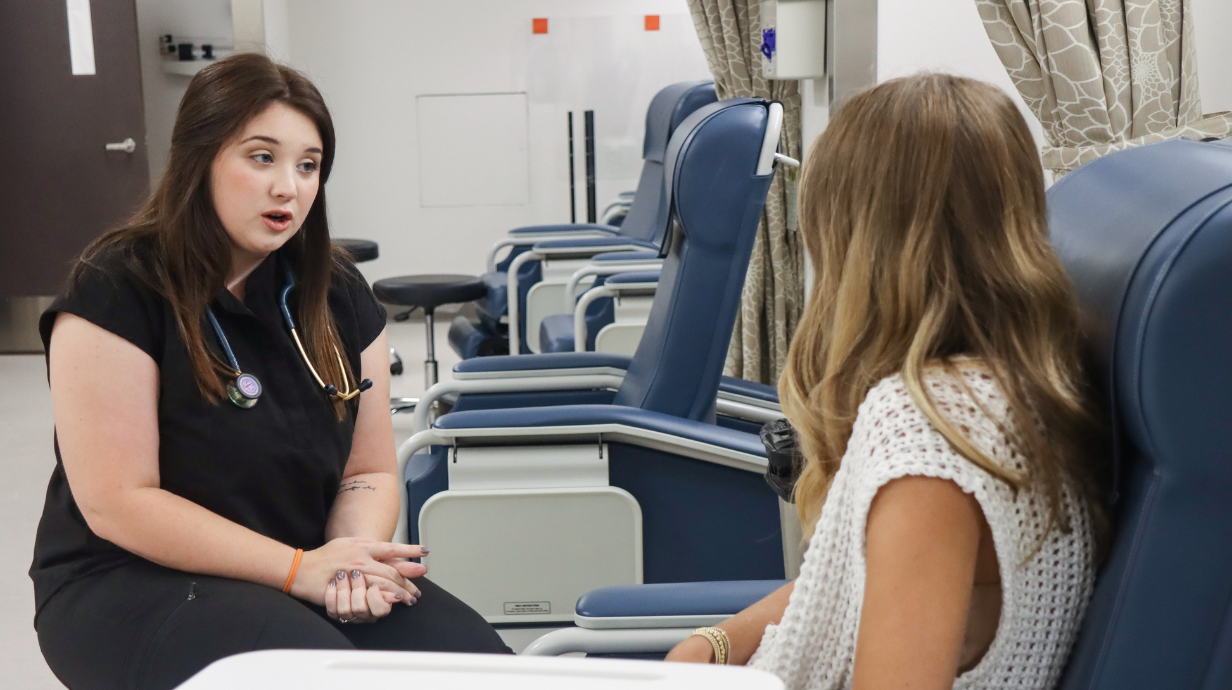Patient Resources
We provide patients with fact-based education so that medical cannabis use is rooted in science, safety, and responsible care.

Research-Based Patient Guidance
Many patients have questions about how cannabis works, whether it’s safe, and how to use it effectively for medical conditions. At the NCCRE, we aim to help by providing clear, research-backed information so you can make informed decisions about your health.
Medical cannabis is used by patients for a range of conditions, but not all cannabis products are created equal. Using properly regulated medical cannabis under the guidance of a healthcare provider helps you receive:
- Precision in dosing to achieve symptom relief while minimizing side effects
- Product safety through lab-tested formulations free of contaminants
- Legal protections for patients accessing medical cannabis through state-approved programs
Community Toolkit & Educational Materials
Looking for trustworthy information you can share with friends, family, or others in your community? NCCRE helped the Mississippi Medical Marijuana Association (3MA) develop a toolkit that offers free printable materials, links to reliable sources, and videos of public education events.
Which Conditions May Benefit from Medical Cannabis?
The potential medical applications of cannabis are an active area of research, and qualifying conditions for medical cannabis use vary by state. If you are considering medical cannabis as a treatment, it is important to check your state's current list of qualifying conditions and consult with a healthcare provider.
For information on qualifying conditions in your state, we recommend referencing your local medical cannabis program's site. If you have trouble locating it, you might try this resource, which provides an overview of medical cannabis qualifying conditions across the U.S.
The Truth about Gas Station Products
The Health Impacts of Medical Cannabis Use
Medical cannabis is increasingly studied for its potential to help manage chronic pain, neurological disorders, and other medical conditions, but, like any treatment, it is important to understand both the potential benefits and risks before use.
Research suggests that cannabis may help with chronic pain, nausea, muscle spasms, and appetite loss, particularly in conditions such as multiple sclerosis, cancer-related nausea, and HIV/AIDS.
Cannabis-derived compounds have been shown to reduce seizure frequency in epilepsy, and some studies suggest potential benefits for PTSD and anxiety disorders, though additional studies are needed.
In terms of short-term side effects, some patients report drowsiness, dizziness, dry mouth, cognitive impairment, or increased heart rate.
While research continues, some studies indicate potential long-term risks related to cognitive changes, dependency, and mental health effects, particularly in younger patients or those with a predisposition to psychiatric conditions.
Cannabis may interact with other drugs, such as blood thinners, sedatives, and certain psychiatric medications, which is why patients should consult their healthcare provider before use.
Not all cannabis products are the same. Regulated medical cannabis is lab-tested to ensure accurate dosing, purity, and safety, reducing the risk of contamination or inconsistent potency. In contrast, unregulated products, such as those sold in gas stations or from unverified sources, may contain unknown additives or mislabeled ingredients, increasing the risk of adverse effects or unintended drug interactions.
For more details on safe use and dosing considerations, visit our Safe Use Guidelines.
Commonly Asked Questions
For questions specific to your state, we suggest you visit your local medical cannabis program’s website.
Medical cannabis refers to cannabis and cannabis-derived products used under the guidance of a healthcare provider to manage certain health conditions. It differs from recreational cannabis in the following ways:
- Medical cannabis is obtained through a regulated program, ensuring consistent quality, safety, and dosing guidelines.
- In states where it is legal, recreational products may not be subject to the same medical oversight, dosing guidelines, or safety testing as those in regulated medical cannabis programs.
While the FDA has not approved cannabis as a whole plant for medical use, it has approved certain cannabis-derived medications, including:
- Epidiolex – A CBD-based medication for certain forms of epilepsy.
- Dronabinol (Marinol, Syndros) & Nabilone (Cesamet) – Synthetic THC medications used to treat chemotherapy-induced nausea and appetite loss in conditions like HIV/AIDS.
In the U.S., medical cannabis is not "prescribed" like traditional medications. Instead, licensed healthcare providers can certify eligible patients to receive a medical cannabis card through their state’s medical cannabis program.
To determine eligibility, visit your state's medical cannabis program or consult the Mississippi Medical Cannabis Program if you are a Mississippi resident.
Not all healthcare providers are licensed to certify patients for medical cannabis. To be eligible, a provider must:
- Be registered with their state’s medical cannabis program (if required).
- Complete any necessary state-mandated training.
- Follow state laws on which conditions qualify for treatment.
Patients should check with their primary care provider or find a qualified practitioner through their state's medical cannabis program.
Mississippi residents can visit the Mississippi Cannabis Patient’s Alliance to find registered providers.
Medical cannabis can only be purchased from state-licensed dispensaries by patients with a valid medical cannabis card. Each state with a medical cannabis program has specific regulations regarding where and how patients can obtain cannabis legally.
To find licensed dispensaries and learn about purchasing regulations in your state, visit your state’s medical cannabis program website.
Mississippi residents can visit the Mississippi Department of Revenue’s page for dispensary information.
Traveling with medical cannabis is complicated by federal and state laws. For travel-related regulations, patients should check with their state’s medical cannabis program.
Laws regarding medical cannabis vary by state, and federal restrictions still apply. We recommend consulting an attorney familiar with state cannabis laws.
